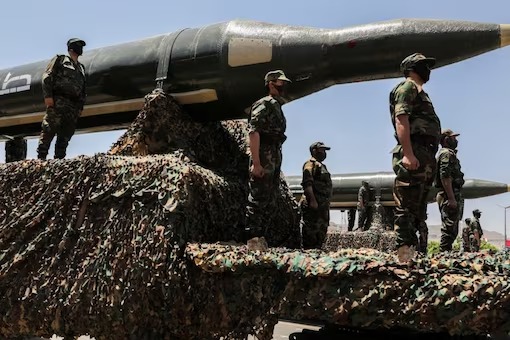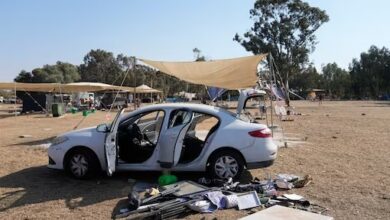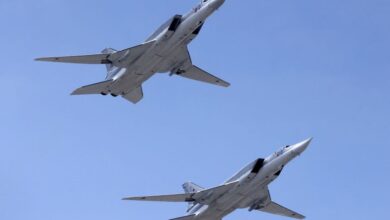Why Do the Houthis Target Ships Crossing the Red Sea? Who Are the Houthis?
Since the start of the 2023 Israel-Hamas conflict, which was started off on October 7 when the terror organization Hamas launched an assault on southern Israel, Yemen’s Houthi forces have targeted ships that are passing through the Red Sea. The militias, who get significant assistance from Iran, have launched attacks on international shipping since Israel began its airstrikes and infantry invasion. They claim that their acts demonstrate their support for Hamas and have threatened to stop ships from entering Israel.

The US and UK air forces, however, launched airstrikes at their positions in Yemen this week in response to the Houthis’ indiscriminate attacks on ships. President Joe Biden and Prime Minister Rishi Sunak both said the measures as vital to defend international commerce.
WHY ARE HOUTHIS ATTACKING SHIPPING LANES IN RED SEA?
The Houthis have attacked ships traveling across the Red Sea many times. Due to the strikes last week, shipping giant Maersk was obliged to reroute its containers around the Cape of Good Hope and cease transport in the Red Sea. Houthi armed boats assaulted one of Maersk’s ships early on New Year’s Eve in an effort to take over the cargo container. However, US warships nearby dispatched reinforcements and helicopters, which drove the attackers away and killed several militiamen who were on board these tiny boats. They had used anti-ship missiles to strike the Maersk Hangzhou, a cargo ship flying the flag of Singapore that was owned and controlled by Denmark, 24 hours prior to deploying boats.
An Israeli cargo ship was assaulted and taken over by Houthi rebels in November. They keep using ballistic missiles and drones to strike ships.
According to a BBC article, in November and December, Houthi assaults on ships passing through the Red Sea surged by 500%. As a result, big shipping corporations such as Maersk were obliged to cease commerce on specific lanes and use other routes, resulting in insurance rates that are 10 times more than usual.
BP, Hapag-Lloyd, and the Mediterranean Shipping Company are a few of the companies that are rerouting ships out of the Red Sea. There are concerns that these assaults on crucial supply lines may result in an increase in gasoline costs.
The Red Sea is the shortest shipping route between Europe and Asia, connecting the Mediterranean to the Suez Canal, and accounts for 15% of all seaborne commerce worldwide, according to the research.
Those who are hunches?
Iran supports the Houthis, a Yemeni group, and Washington claims that Iran is “deeply involved” in organizing attacks against commercial ships in the Red Sea.
They belong to an armed faction called the Zaidis, which is a subset of Yemen’s Shia Muslim minority. Hussein al Houthi, their founder, is the source of their name.
They established in the 1990s to protest against what they viewed as corrupt practices of the then president Ali Abdullah Saleh and are officially known as Ansar Allah. Saleh attempted to eradicate the Houthis with the Saudi Arabian military’s assistance; however, the Houthis resisted both.
Since 2014, Yemen has been engulfed in a civil war, with Saudi Arabia at the head of a military alliance that supports the country’s internationally recognized government against the Houthi rebels. There have been peace negotiations, but nothing has come of them.
The group has taken inspiration from Hezbollah, a Lebanese organization supported by Iran, which has been supplying them with weapons and training since 2014. The Houthis see the US, Saudi Arabia, and the broader West as their foes and see themselves, along with Hezbollah and Hamas, as members of the Iranian “axis of resistance.”
A coalition of Arab governments headed by Saudi Arabia backed the internationally recognized government of Yemen, which was led by President Abdrabbuh Mansur Hadi. However, Hadi gave up his position of authority to a Presidential Leadership Council. Large portions of the nation, including Sanaa, the capital, are under Houthi control.







